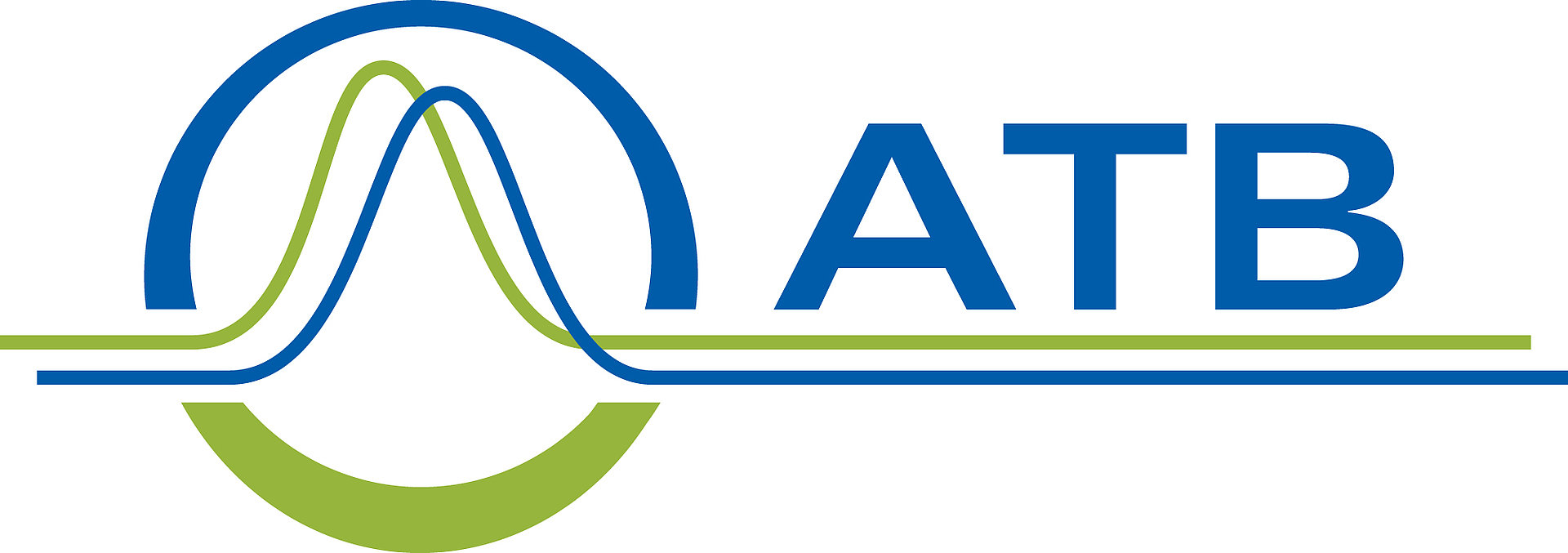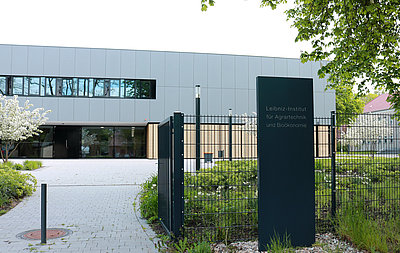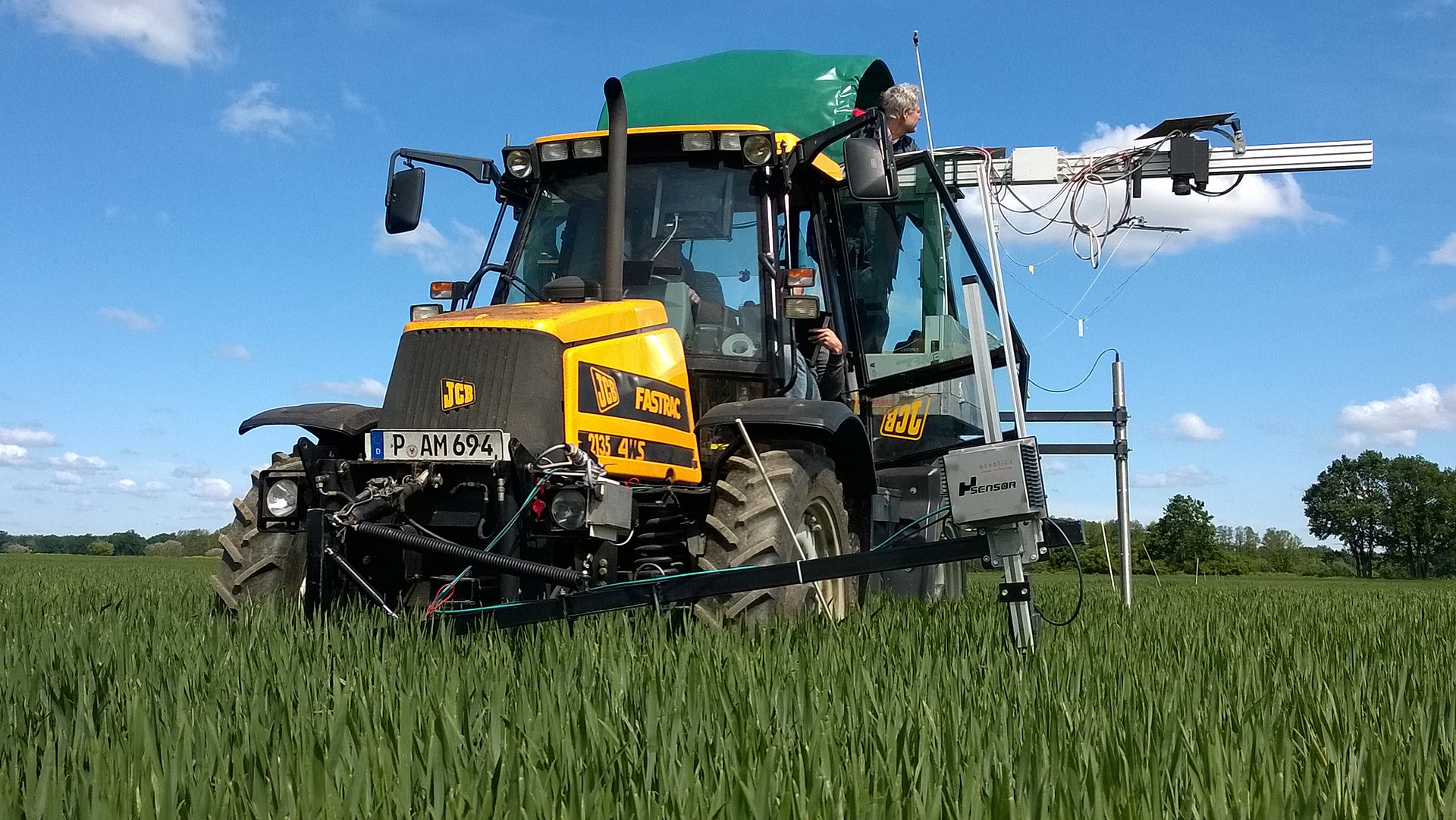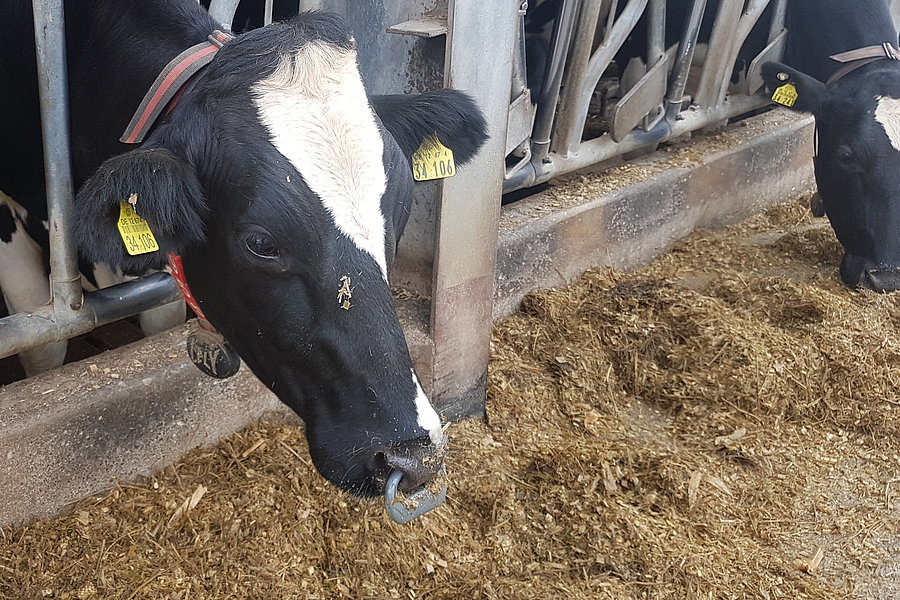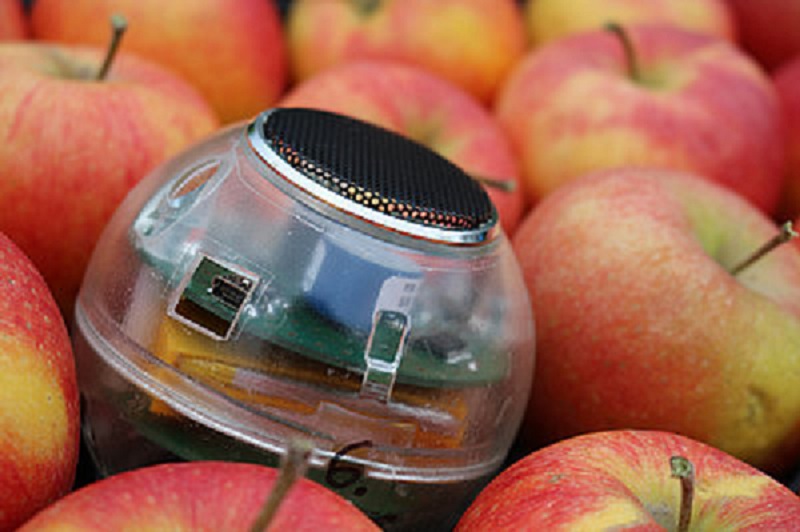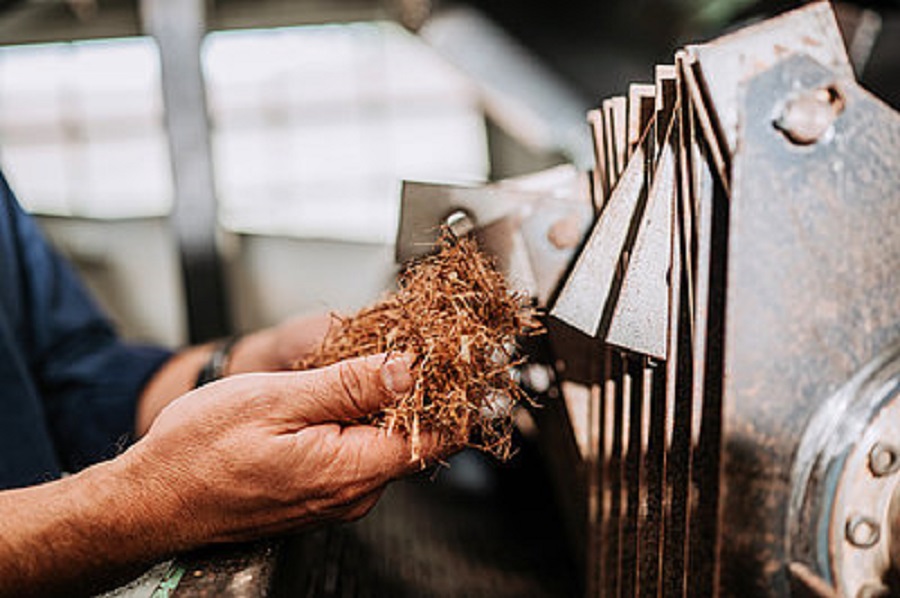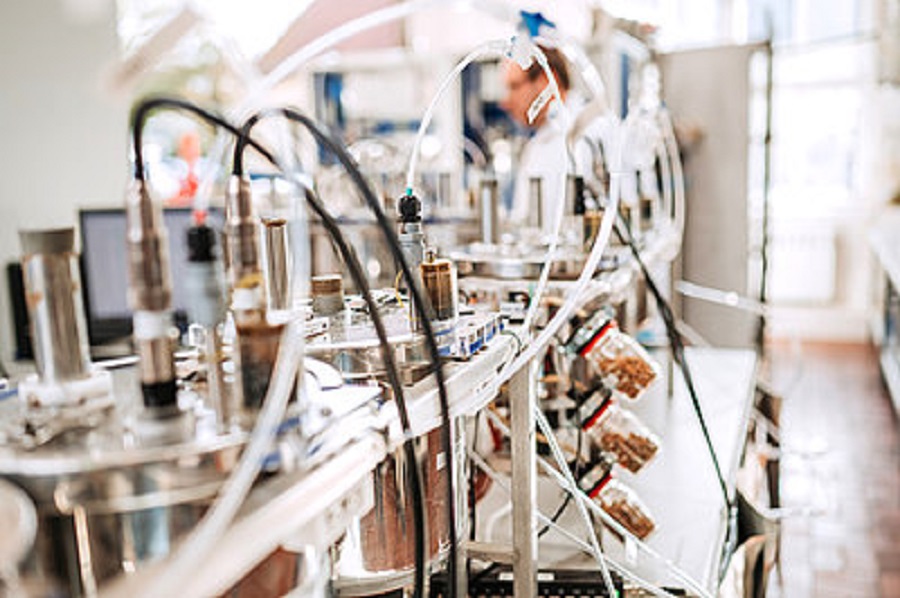Bioeconomy means:
We produce products, like food and furniture.
For this, we need raw materials.
Raw materials are corn and wood.
Corn and wood from a tree are renewable raw materials.
They grow back again after we used them.
With corn and wood, there are things that we do not use.
These can be residual materials and by-products.
We often throw residual materials in the trash.
By-products arise when we make food and furniture.
This means they are added and were not there before.
We often do not use by-products again for something else.
We want to find solutions for this.
We should use residual materials and by-products.
We can make new products out of them or use them as biomass to generate energy.
Biomass is the word for things that come from plants or animals.
This process is also good for the environment.
We also call it using raw materials sustainably.
We don't want to make the environment too dirty.
That means we try to make as little waste as possible.
We also call it circular economy with renewable raw materials.
This describes the complex word "bioeconomy," which is also in our name.
Researchers from all over the world work together.
They work on many topics.
They do research in 5 program areas.
Each program area focuses on a specific topic.
The research work fits each topic.
The program areas are:
2. Animal farming
The focus is set on the home of animals.
Their home can be a stall.
Cows live in stalls for example.
We want that the animals are comfortable in their homes.
We also want them to remain healthy in their home.
With that the goal of our research is to make the life of animals better.
3. Healthy food
Healthy food is important, so that people and animals stay healthy.
The planting and growing of crops is important.
Food is made out of crops.
Sometimes you cannot harvest all of the crops.
This can happen because the weather and climate changes for example.
Sone crops may not grow at all because these factors.
The farmer has losses through that.
It can also have an infleunce on the making of food out of crops.
The difficult word is: harvest loss.
We are trying to solve this problem.
The making and storing of food is also important.
The process of making food should not harm the environment.
The food also needs to be stored in order to maintain the quality of the food.
Those are all primary concerns for our research.
4. Bio materials
We want to make materials out of bio - mass.
We need technologies and knowledge for that.
We use resources and waste material.
Bio - mass is created through crops or plants in general.
Waste materials are considered as trash.
They are created during the making of products.
Like during the process of making food.
5. Using waste - materials
Waste materials are considered as trash.
We want to use them.
They are of value.
We use them and make them into something new, like energy or bio materials.
We us knowledge that already exists for our research and expand on it.
We also improve technologies for the transformation of waste materials.
Our research would not be possible without finacial support.
This why we get money from the government.
We mean these governments:
- the national government
- the state government of Brandenburg
A government is group of people.
They lead the country togehter.
They decide many things.
They make rules, everyone in the country has to follow.

